Secrets You Never Know About Flying on Planes
In this article, I will tell you some hidden secrets in flight I know you never know about these secrets of flight. I hope after reading this topic you must have a lot of new information about flight
Hidden Secrets You Never Know About Flying on Planes
That oxygen mask is only effective for about 15 minutes.
According to HuffPost, the drop-down emergency oxygen masks on the airline are typically only prepared to pump out oxygen for roughly 12 to 15 minutes, which certainly sounds like a terrible revelation.
Don't panic, though. Usually, it takes a pilot much less time to lower the aircraft to a safe height than it does for those oxygen masks to deplete.
You should put your mask over your mouth and nose as quickly as you can since you run the risk of passing out within 30 seconds after the cabin pressure reaches dangerously low levels.
The chimes that you hear on aeroplanes are actually a code.
Notably, they're not usually conveying anything too exciting.
According to a blog post by Qantas Airlines, flight crews usually use a system of chimes and bells to communicate across the cabin.
These chime messages could be about anything from the number of remaining snacks to turbulence detected on the flight path.
On rarer occasions, the chimes could be a signal from the cockpit conveying an emergency or change of route.
It's technically impossible to die on a flight.
Most aircraft do not have any staff members on board who are qualified to announce a time of death, despite the fact that flight crews are educated in basic first aid and some are even certified to do resuscitation.
According to the BBC, this means that there isn't really such a thing as a mid-flight death in the legal sense because people are only officially deemed dead after they touch down.
But if someone does die, they'll likely be left in their seat.
Aeroplane lavatories can unlock from the outside.
According to LifeHacker, there is actually an exterior lock mechanism that can be used to unlock the loo from the outside. It is typically hidden beneath the 'no smoking' sign on the door.
The restrooms unlock from the outside for safety even if it may feel intrusive.
When the lights are dimmed for takeoff, the crew is not attempting to lull you to sleep. According to Conde Nast Traveller, internal lighting is actually dimmed so that passengers' eyes are accustomed to the dark in case something goes wrong during takeoff or landing.
Flight attendants don't get paid until the plane doors close.
Hourly paid flight attendants aren't actually compensated until the plane's doors are closed.
Similarly, according to The Points Guy, they no longer receive payment after the doors have opened.
That's true, none of the time spent by flight attendants preparing the aircraft, boarding passengers, doing safety checks, or assisting with exit procedures is compensated.
Many European airlines pay their flight attendants on a salary basis, and the majority of crew members on both sides of the Atlantic receive a tax-free allowance to assist them in covering costs like food during layovers.
You can actually ask for a whole can of soda.
Some airlines will pour a portion of a regular can into a smaller plastic cup to serve soda and juice. However, according to HuffPost, you can usually just ask for the whole can.
They'll cheerfully comply with you without charging you extra nine times out of ten.
A plane captain has some serious authority.
According to Think Aviation, the PIC, or "pilot in command," has a lot of power while the plane's doors are shut.
A PIC has the authority to restrain a passenger, take a will, levy penalties, and deny access to someone who appears ill. On a plane, a PIC is the highest authority; whatever they say is final.
Your boarding pass has a lot of hidden information.
The wording on your boarding card contains a lot of interesting—and maybe sensitive—information, even though much of it probably doesn't make any sense to you at first look.
The airline is identified by the first two letters before the flight number. According to Gizmodo, the numerical element of your flight number actually provides a hint as to the direction you'll be flying in: flights with odd numbers fly south, while those with even numbers fly west.
The six-character section of text that appears on your boarding pass, on the other hand, serves as your booking reference or passenger name record. This tiny code can actually be used to seek up a variety of information online, including your age, payment card details, and even your destination.
The tray tables are oftentimes the dirtiest things on an airplane.
One of the dirtiest items on your flight is certainly the tray table at your seat. According to active flight attendant Sara Keagle, they are only cleaned "approximately once a day, generally when the aircraft RONs (remains overnight).
As passengers drool and change dirty diapers on those tables, flight attendants advise bringing sanitising wipes with you to clean up your area.
Flight crews don't really party during layovers.
Your flight attendant could probably deliver your baby.
Flight attendants hold some impressive credentials, making them more than just apex waitstaff. A wide range of technical and safety knowledge is required for flight attendant training.
According to Carrie A. Trey, a flight attendant, "Practical tests can include learning how to put out fires via simulators, diagnosing various conditions, splinting broken limbs, stopping nosebleeds, administering CPR, and yes, even baby delivery."




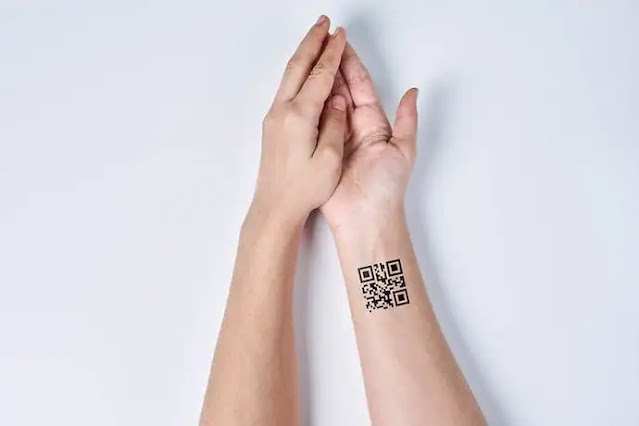
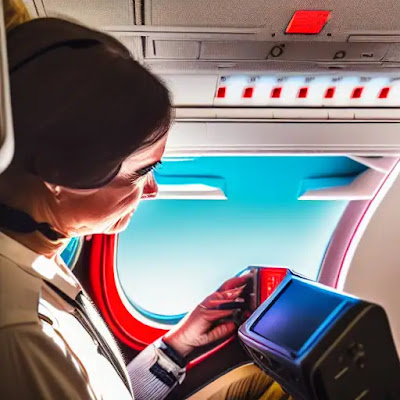
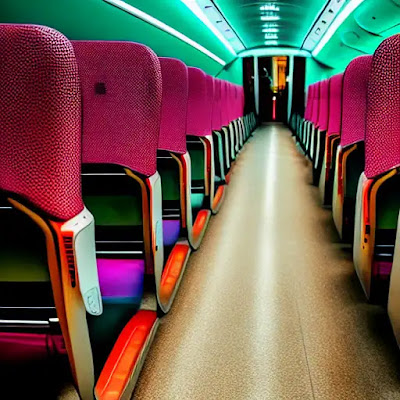
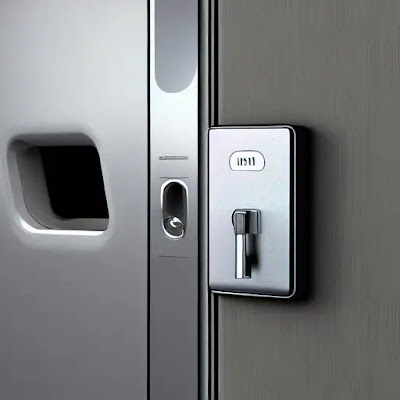
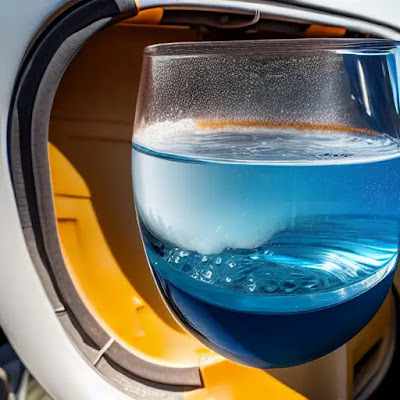
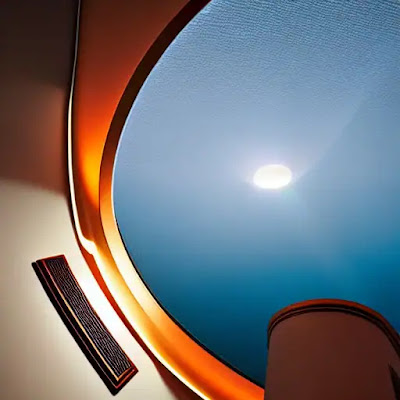
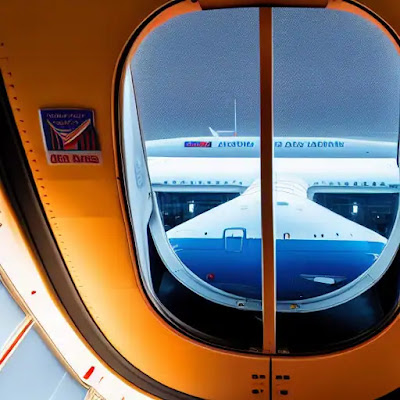
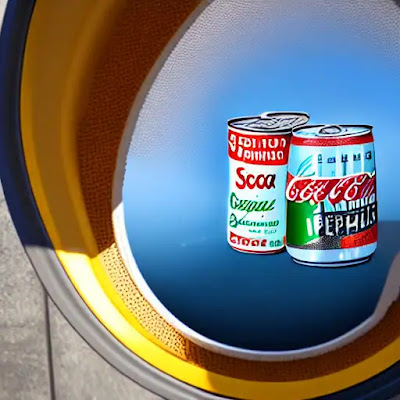

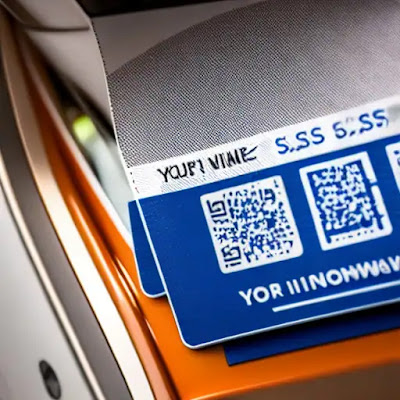
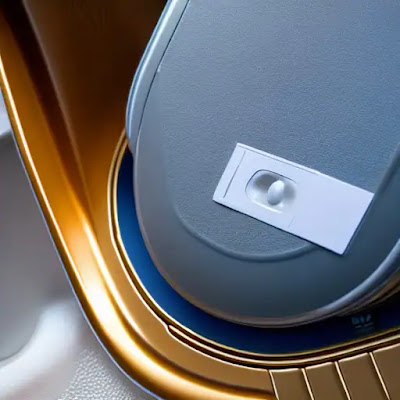
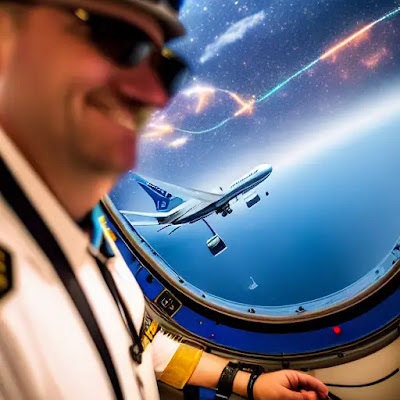
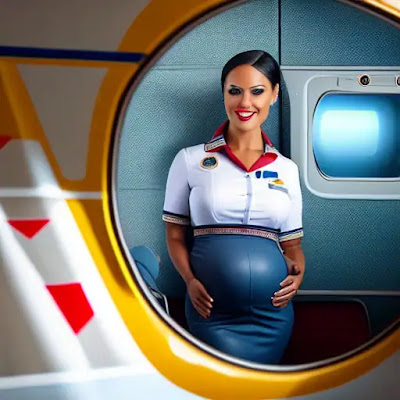
%20(1).webp)

.webp)
0 Comments